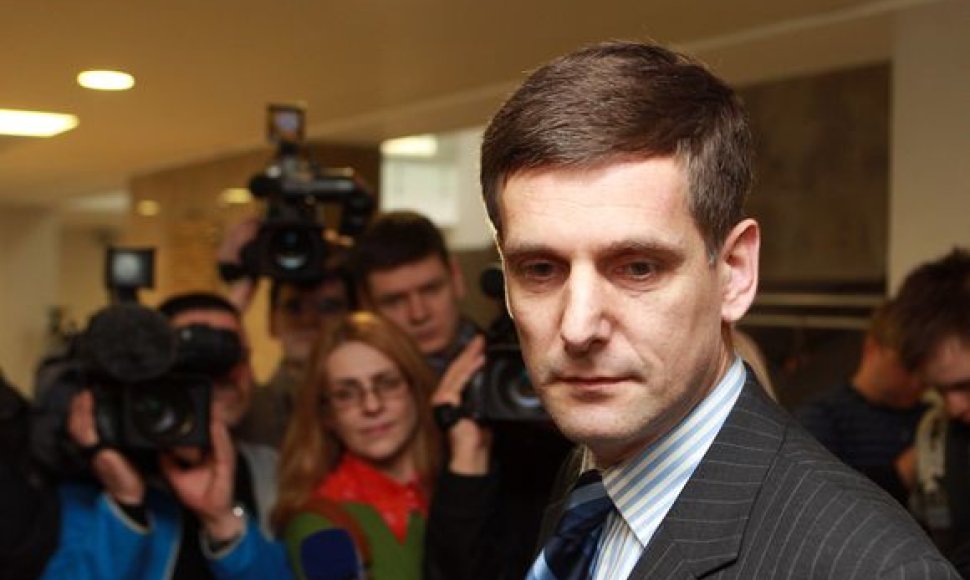Grina said that in an interview with the Atgimimas weekly, published on Friday.
"Our information is classified. We inform the state's responsible officials as not the public but state leaders make decisions. Firs of all, the government. It makes all decisions on state administration. We are a parliamentary republic. So, the government knows what we have. And what decisions it makes, these are already political issues," Grina said.
In his words, the SSD has "no legal basis" to prevent hostile actions. "We are not a pre-trial institution. If some hostile activity is taking place, it’s a crime. We can find out who is committing what and why, but we are not the ones making decisions," he said.
"The term "prevent" is fairly impossible in intelligence activities as all decisions in Lithuania are made by politicians. If Lithuania was a unitary state, it would be very easy to do so. Since our state is democratic, the Seimas decides everything by voting. Exactly the same situation is when we talk about various hostile actions. We inform the government about any of them and we don't look who is the head of government, we just inform it. And the government makes decisions on what to do and how to act," Grina said.
Talking at a meeting of the council of the Homeland Union–Lithuanian Christian Democrats last Saturday, the party leader Prime Minister Andrius Kubilius said the country's special services should "do their job and defend vital interests of Lithuania."
"It's not enough to just know that representatives of certain parties visit the Russian Presidential Office and hold consultations on elections in Lithuania. It’s not enough to know that actions of third countries' special services against Visaginas nuclear power plant are observed in Lithuania. This should not only be known but also prevented. It should be known by all Lithuanian voters and this should be prevented," Kubilius said.












